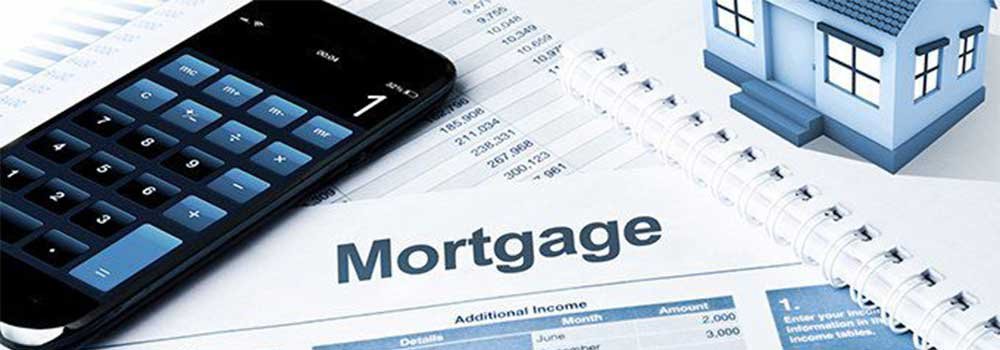There are some crucial phrases to become acquainted with before applying for a mortgage. You may encounter terminology you are unfamiliar with while applying for a mortgage. Understanding what these popular phrases signify might help make the home loan process less stressful.
However, if you’re new to the procedure, you can feel overwhelmed once you start putting together your application. Therefore, before you look for FHA streamline refinance companies, let’s know the terms.
Fixed-Rate Mortgage

The annual rate you pay on the home loan will remain constant with a fixed-rate mortgage until the loan is paid off. That means you’ll have the security of knowing what your monthly payments will be.
For example, if you sign a 30-year fixed loan at 3.2 percent, that rate will apply to all of your expenses for the loan duration.
Adjustable-Rate Mortgage (ARM)
ARM is a type of house loan in which the interest rate changes over time. There are several kinds of adjustable-rate loans. A 5/1 ARM, for example, guarantees the same interest rate for five years before adjusting once a year.
A 7/1 ARM locks in your interest rate for seven years before potentially increasing once a year. The disadvantage of an ARM is that your mortgage payments may increase over time if your interest rate rises. However, your rate may change downward, making your prices less expensive.
Principal & Interest
The mortgage refinance companies havemonthly mortgage repayment which is divided into two parts: principle and interest. Your principal is the amount of your debt that you are paying down. Interest refers to the good you spend on the principle. It will remain constant if you have a fixed loan but may fluctuate if you have an adjustable-rate mortgage. To be clear, when we say “remain the same,” we’re referring to your interest rate.
Private Mortgage Insurance (PMI)
This PMI, or private mortgage insurance, is a premium you pay on top of your regular mortgage payment of principal and interest (often monthly).
When you do not make a 20% down payment on your property at closing, you must pay PMI. Its objective is to safeguard your lender if you fail to make your monthly payments.
Closing Costs
Closing expenses are the different fees you’ll have to pay to complete your mortgage. They typically range from 2% to 5% of the loan amount and vary by lender. Closing costs include several fees, such as application and appraisal fees.
They may be negotiable at times, but not always. You are not required to pay your closing fees at signing. You can roll them into your mortgage and pay them down over time if you don’t want to pay them all at once.
Getting a mortgage may be intimidating, especially when you don’t understand phrases constantly being thrown about. Knowing these phrases might help you approach the application process with greater confidence and less worry.
The Bottom Line
Interest rates are unlikely to remain at multi-decade lows for much longer. That’s why, whether you want to refinance and lower your mortgage payment or you’re ready to buy a new house, taking action now is critical.


